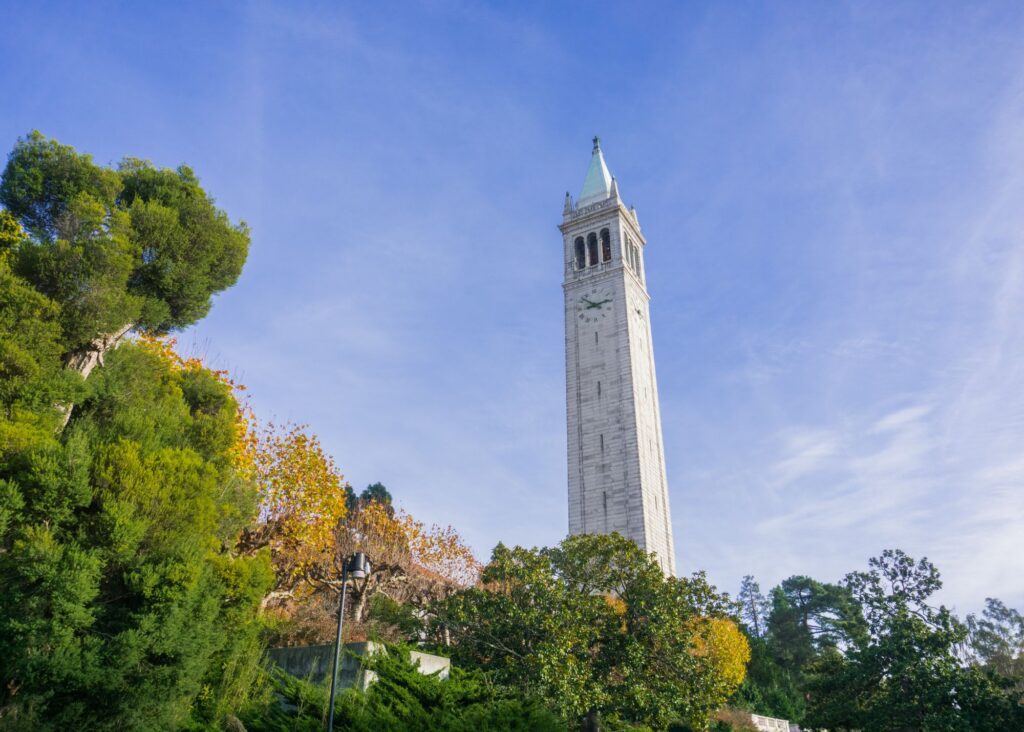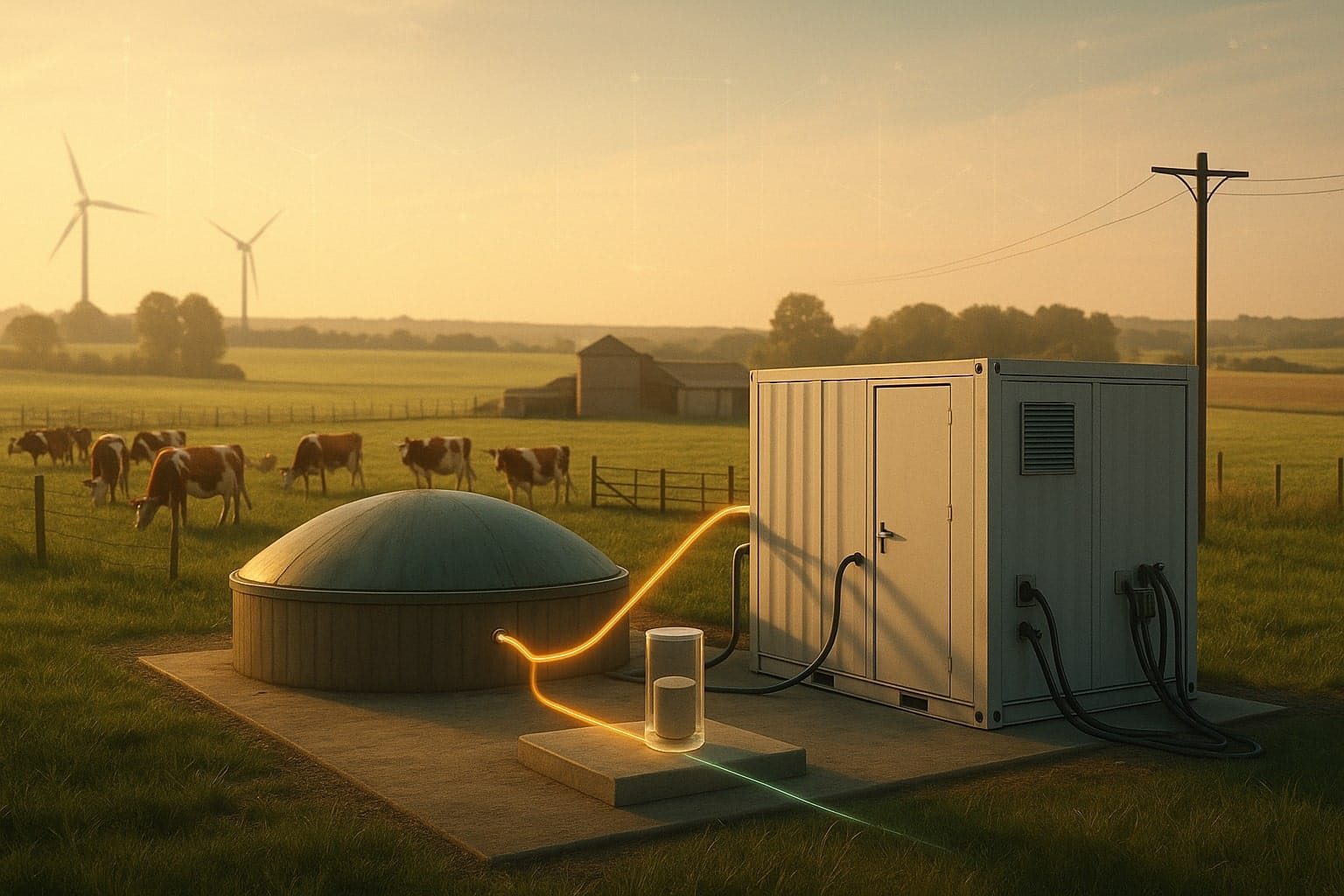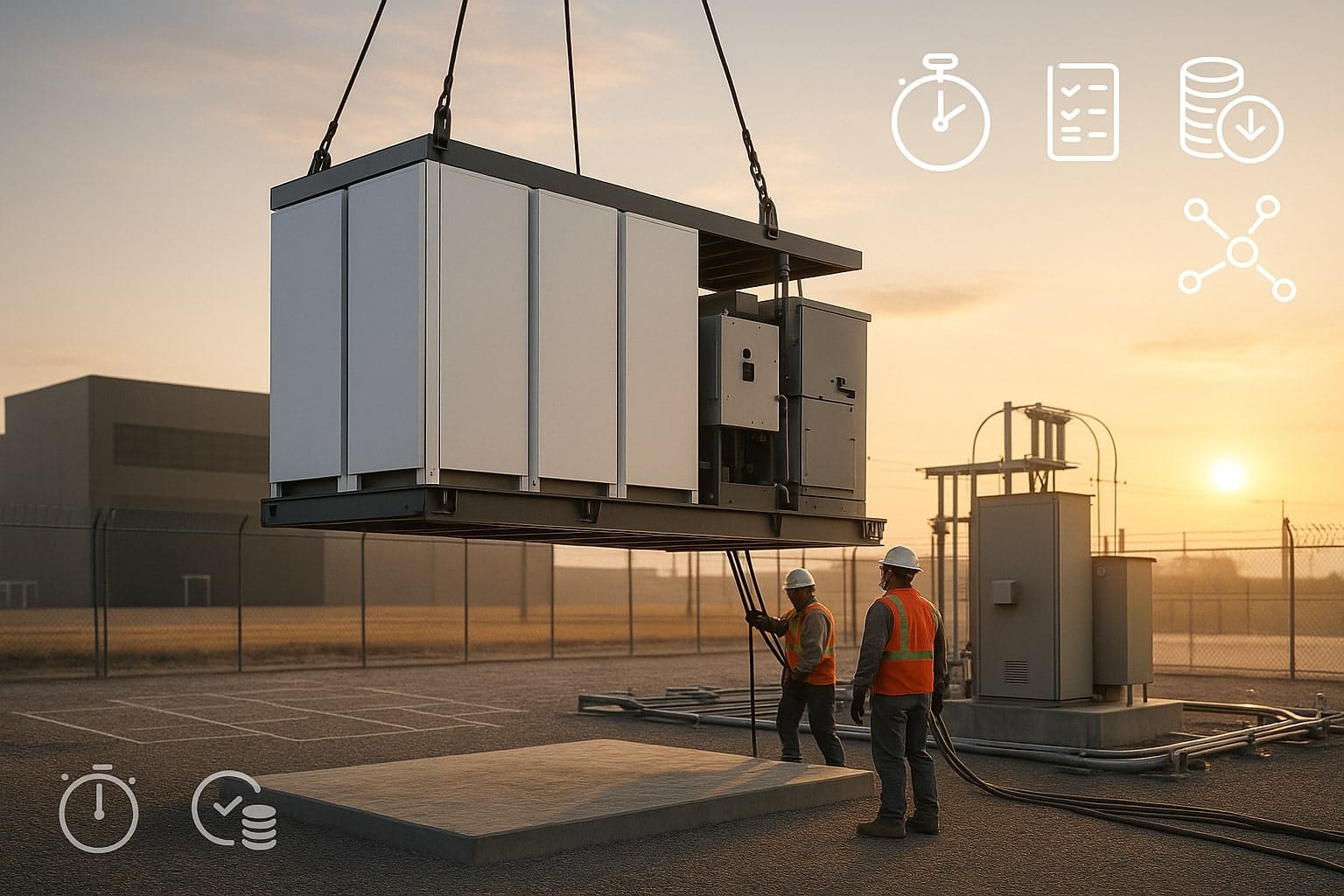As the global community intensifies its efforts to combat climate change, the role of academic institutions in pioneering sustainable solutions has become increasingly vital. The University of California, Berkeley, renowned for its leadership in environmental research, is taking a significant step forward with the announcement of the Bakar ClimatEnginuity Hub (BCH). This forthcoming incubator is poised to transform groundbreaking scientific discoveries into scalable climate technologies, addressing some of the most pressing environmental challenges of our time.
Table of Contents
ToggleBackground and Vision
UC Berkeley has a storied history of commitment to environmental sustainability and innovation. The inception of the Bakar ClimatEnginuity Hub is a testament to this legacy, envisioned as a cornerstone of the broader Berkeley Innovation Zone project. This ambitious initiative aims to create a dynamic nexus for life sciences, materials science, and climate research, fostering interdisciplinary collaboration and accelerating the development of solutions to mitigate climate change. By integrating diverse scientific domains, the Innovation Zone seeks to harness collective expertise to drive impactful environmental advancements.
Facility Overview
Strategically situated on the west side of the UC Berkeley campus, the Bakar ClimatEnginuity Hub will occupy the site currently held by University Hall. The architectural vision for this five-story, 145,000-square-foot facility emphasizes sustainability and functionality. Designed to house up to 75 startup companies, the hub will feature state-of-the-art laboratories, flexible scale-up spaces, conference rooms, and collaborative areas. A notable design element includes the primary entrance on Addison Street near Oxford Street, leading into spaces dedicated to collaboration and prototyping. The building’s façade will blend glass and brick, optimizing natural light and energy efficiency. Sustainable construction practices are integral to the project, with plans for low-carbon materials and rooftop solar panels to minimize the facility’s environmental footprint.
Strategic Objectives
The Bakar ClimatEnginuity Hub is dedicated to propelling scientific innovations from the laboratory to real-world applications, particularly in areas critical to combating climate change. Its mission encompasses supporting research and development in renewable energy, carbon capture and storage, sustainable agriculture, and the creation of eco-friendly building materials. By providing entrepreneurs with access to cutting-edge facilities and resources, BCH aims to accelerate the commercialization of technologies that can significantly reduce greenhouse gas emissions and promote environmental sustainability. Central to this mission is the integration of UC Berkeley’s extensive academic resources, including collaboration with over 300 faculty members engaged in energy and climate research across various disciplines. This synergy between academia and entrepreneurship is designed to cultivate a vibrant ecosystem where innovative climate solutions can thrive.

Pilot Program Initiatives
In anticipation of the Bakar ClimatEnginuity Hub’s (BCH) official opening, UC Berkeley has proactively launched the Bakar Climate Labs Pilot Program. This initiative is designed to provide immediate support to climate tech entrepreneurs, offering them access to essential resources ahead of the hub’s completion. Participants in the pilot program benefit from physical space within existing facilities, such as the QB3 Garage at Stanley Hall and Bakar Bio Labs, as well as mentorship, specialized programming, and integration into a vibrant entrepreneurial community. The program aims to accelerate the development of startups focusing on areas like energy generation, carbon capture, sustainable agriculture, and more.
A notable example of the pilot program’s impact is FutureBio, the first tenant to join. Founded by Zilong Wang, FutureBio is pioneering the development of biorenewable plastics that are both durable and up to 95% recyclable. Their innovative approach addresses the global plastic pollution crisis by creating materials that reduce microplastic contamination and are cost-effective to recycle. By participating in the Bakar Climate Labs Pilot Program, FutureBio exemplifies the type of groundbreaking solutions the incubator seeks to support.
Collaborative Efforts and Partnerships
The success of the Bakar ClimatEnginuity Hub is bolstered by strategic collaborations with various academic and industry partners. A key partnership is with QB3, the University of California’s institute for innovation and entrepreneurship in life sciences. QB3 plays a pivotal role in powering BCH and its programs, providing a robust framework for mentorship, networking, and investment opportunities. This collaboration ensures that startups have access to a wealth of resources and expertise, facilitating their growth and development.
Additionally, BCH has established strong ties with Lawrence Berkeley National Laboratory (LBNL), enhancing research and commercialization efforts. This partnership leverages LBNL’s cutting-edge scientific facilities and programs, such as the Molecular Foundry and the Advanced Light Source, to support the development of innovative climate technologies. By fostering these collaborative relationships, BCH aims to create a dynamic ecosystem that accelerates the translation of research into real-world solutions.
Timeline and Future Prospects
The development of the Bakar ClimatEnginuity Hub is progressing with a clear timeline. Site preparation commenced in mid-2024, involving the demolition of existing structures, including University Hall. Following site clearance, construction of the five-story, 145,000-square-foot facility is anticipated to last approximately 36 months, with completion expected in late 2027. The official opening is projected for the 2027-2028 academic year.
Looking ahead, BCH is poised to make a significant impact on the climate tech landscape. By providing state-of-the-art facilities and fostering a collaborative environment, the hub aims to nurture startups, drive innovation, and contribute to global sustainability efforts. Its strategic location within the Berkeley Innovation Zone further enhances its potential to become a central node for life sciences, materials science, and climate research, attracting talent and investment from around the world.
Conclusion
The Bakar ClimatEnginuity Hub represents a transformative initiative by UC Berkeley to address the pressing challenges of climate change through innovation and entrepreneurship. By leveraging the university’s extensive resources and fostering strategic partnerships, BCH is set to become a catalyst for developing scalable climate solutions. As the hub progresses toward its opening, it invites stakeholders, investors, and innovators to engage with its mission, collectively working towards a sustainable and resilient future.












